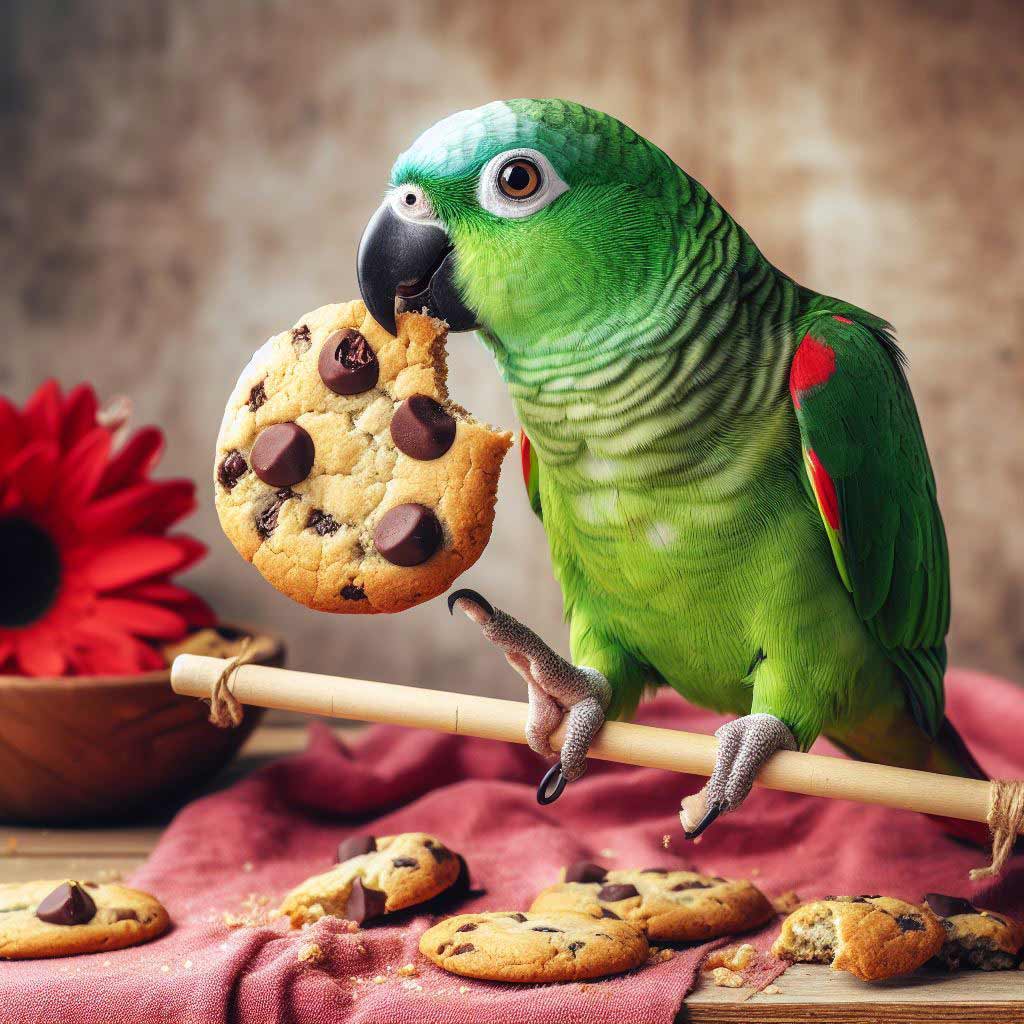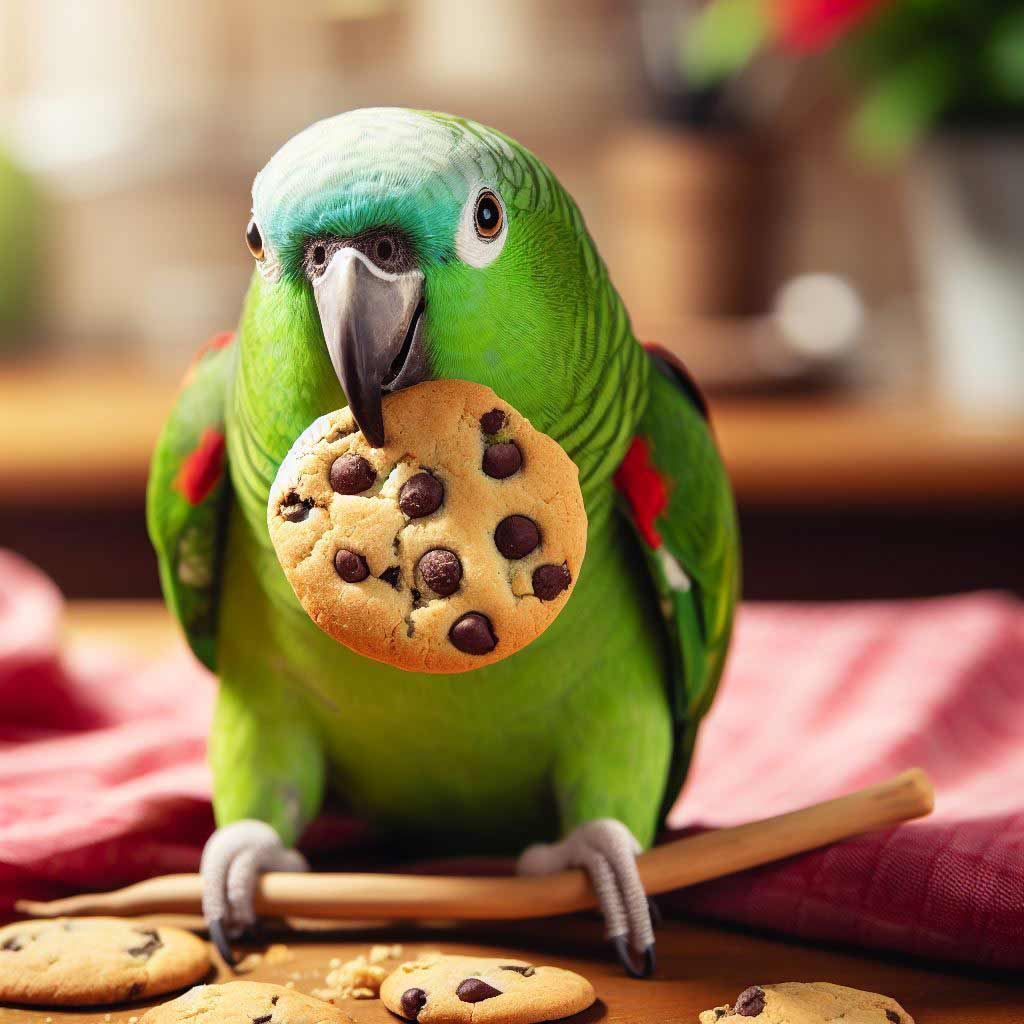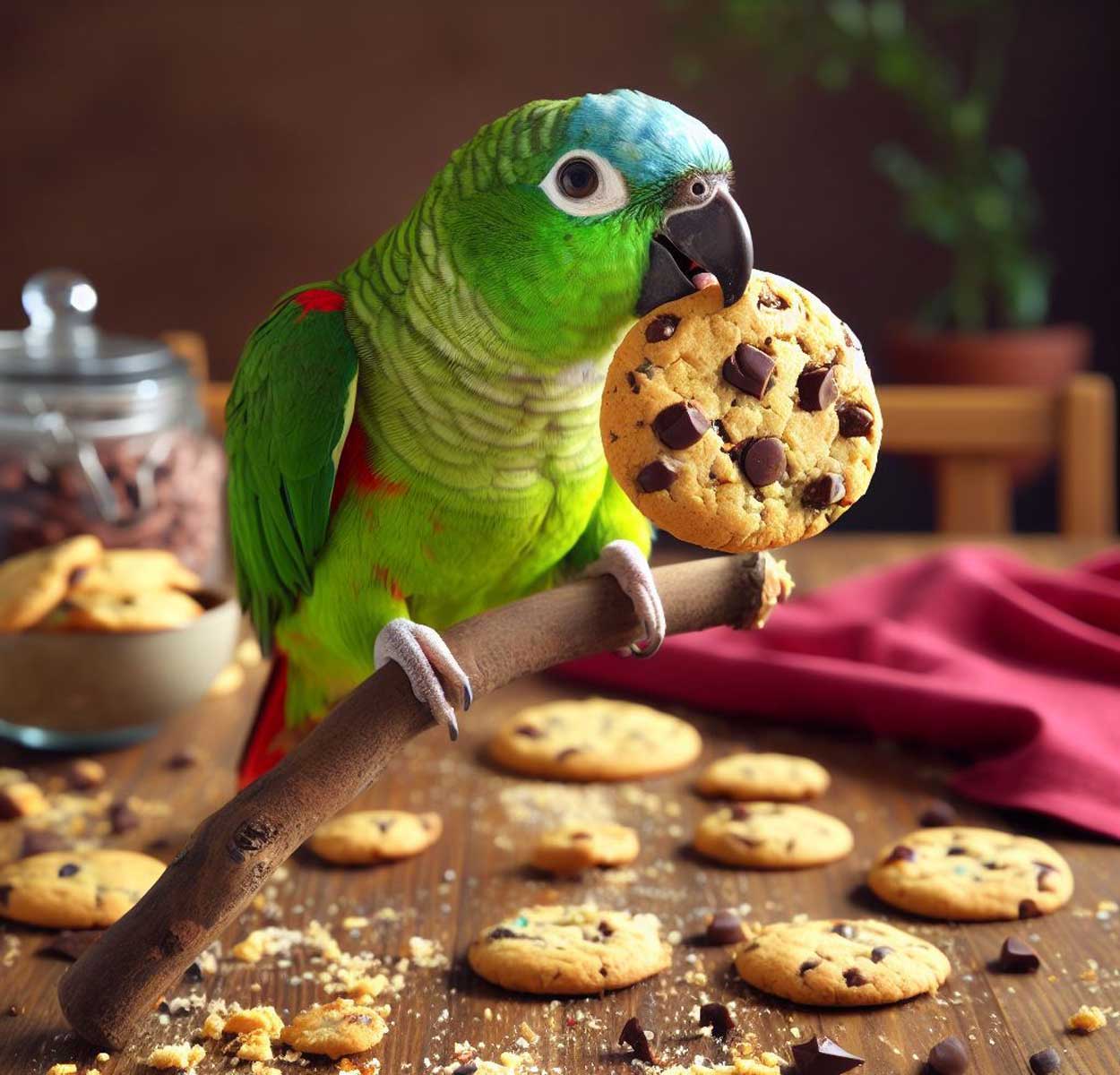Can Birds Eat Chocolate? Everything You Must Know
Who doesn’t like chocolates, right? I know. The answer is ‘birds.’ Yes, you may go crazy over these tasty treats that fill your brain with dopamine, but it doesn’t work like this for the birds. So, Can Birds Eat Chocolate?
Birds have a sensitive metabolism. Their physique may not be able to handle the toxic components of the chocolate. I know what you are thinking.
Chocolate and toxic? Well, yeah. Check out this article to know all about it. If you stick around, you’ll find some amazing alternatives to chocolates you can offer to your birds. I’m not saying this only based on research but from my personal experience as well.
Related post-Can parrots eat ice cream?
What Actually Is Chocolate?
Chocolate comes in various forms. The categories primarily include dark chocolate, milk chocolate, and white chocolate. Each type has a different cocoa content and a unique composition. This is what affects the suitability of birds.
Dark chocolate, for starters, contains the highest levels of cocoa solids and theobromine. This abundance of theobromine makes dark chocolate the most toxic variety for birds.
Next comes milk chocolate. As you can probably guess, it contains a lower cocoa content compared to dark chocolate.
However, it still contains theobromine and caffeine. This small amount may not be significant for larger birds, but my Macaw was affected by it. This is why I avoid feeding all kinds of chocolate to my birds.

Finally, white chocolate is the least harmful but not entirely so. It contains traces of theobromine and caffeine as well.
Overall, the key concern with chocolate consumption by birds is the presence of theobromine and caffeine. These are natural compounds and are directly derived from cacao beans. But, despite being natural, they are responsible for stimulating the harmful effects of chocolate.
Theobromine is basically a stimulant that affects the central nervous system. Not only this, it can also affect the cardiovascular system in birds. Even a small amount of this theobromine can lead to adverse reactions.
Similarly, caffeine is another stimulant that can drastically increase the heart rate, restlessness, and nervousness of the bird. But just how intensely can it affect a bird? I elaborate on this in the following section.
Chocolate and Its Effect on Birds: Toxin within Treats
I would argue that chocolate is the best treat ever. But it is toxic to my feathered friends, and this is why I never offer chocolate to my pet birds anymore.
As you already know, the theobromine and caffeine in chocolate affect avian physiology differently than they do in humans.
Birds metabolize these substances more slowly, making them more susceptible to toxicity. This is why I am emphasizing this again: even a small amount of chocolate can have adverse effects on birds.

The reasons are quite simple. For starters, birds have a slower metabolism compared to humans. It means complex substances like theobromine remain in their system longer, causing prolonged effects.
In addition, birds tend to have a lower toxicity threshold for theobromine and caffeine. As a result, even a tiny amount of chocolate contains a huge potential for danger.
In my experience, if a bird has consumed chocolate, it can show multiple adverse symptoms. For starters, the bird gets restless. My super-active parakeet once ate a piece of chocolate lying on the table, and that did the damage.
It became restless just a while later and had an elevated heart rate. Though my parakeet fortunately survived the blow, it can have adverse effects.
Related post-Is Corn Syrup Safe for Parrots?
Apart from this, theobromine and caffeine can cause seizures, tremors, and other neurological issues. Most importantly, what I have commonly noticed is that chocolate consumption results in digestive issues, including diarrhea and vomiting.
Thanks to my careful precautions, I didn’t have to endure the most extreme blow, but birds do die from eating chocolate.
As a responsible bird owner, I try to keep my birds away from chocolate or any kind of similar toxic element. It’s actually pretty easy.
All in all, you now know what happens if you feed chocolate to a bird. You should, under no circumstances, risk it. So, it’s better to avoid offering chocolate to birds.

What Are the Safe Alternatives?
I love my birds, and I don’t want them to miss out on the deliciousness of the world. So, even though I cannot give them the pleasure of chocolate, I have found certain other treats that all the birds love. I am sure your bird will take a liking as well.
The first thing on my list is birdseed. A blend of seeds specifically designed for birds provides essential nutrients. The best thing is you can get a bunch of these for less than 15 bucks.
My birds also take a liking to suet cakes or blocks. These offer a high-energy source for birds, especially during the winter when my birdies need to keep their bodies warm.
Fresh fruits like apples, berries, and oranges can be your bird’s favorite treat. The deliciousness of fresh fruit is something birds cannot avoid.
Apart from all these, what every bird commonly loves is nuts. Unsalted nuts, such as peanuts and sunflower seeds, are a favorite of all my birds. Your birds will love nuts, too, if you can present them the right way.
My Final Few Words
Birds need nutritious foods, so instead of offering them chocolate, opt for other safe and nutritious food. Some birds can have a unique metabolism that can easily digest chocolate, but why take the risk?
Birds are generally not built to consume chocolate, and now you know why. So, to make sure your bird doesn’t go through intense suffering, never offer it chocolate. Now that you know the level of risk chocolate poses, you probably won’t anymore if you are a responsible bird owner.
Instead, what you can do is feed the alternatives to chocolates that I have mentioned above. This way, you can effortlessly ensure a healthy, happy pet bird in your house.
FAQ:
Reference
Chemical Ecology
Theobromine. Kunisuke Izawa, Motonaka Kuroda, in Comprehensive Natural Products II, 2010
